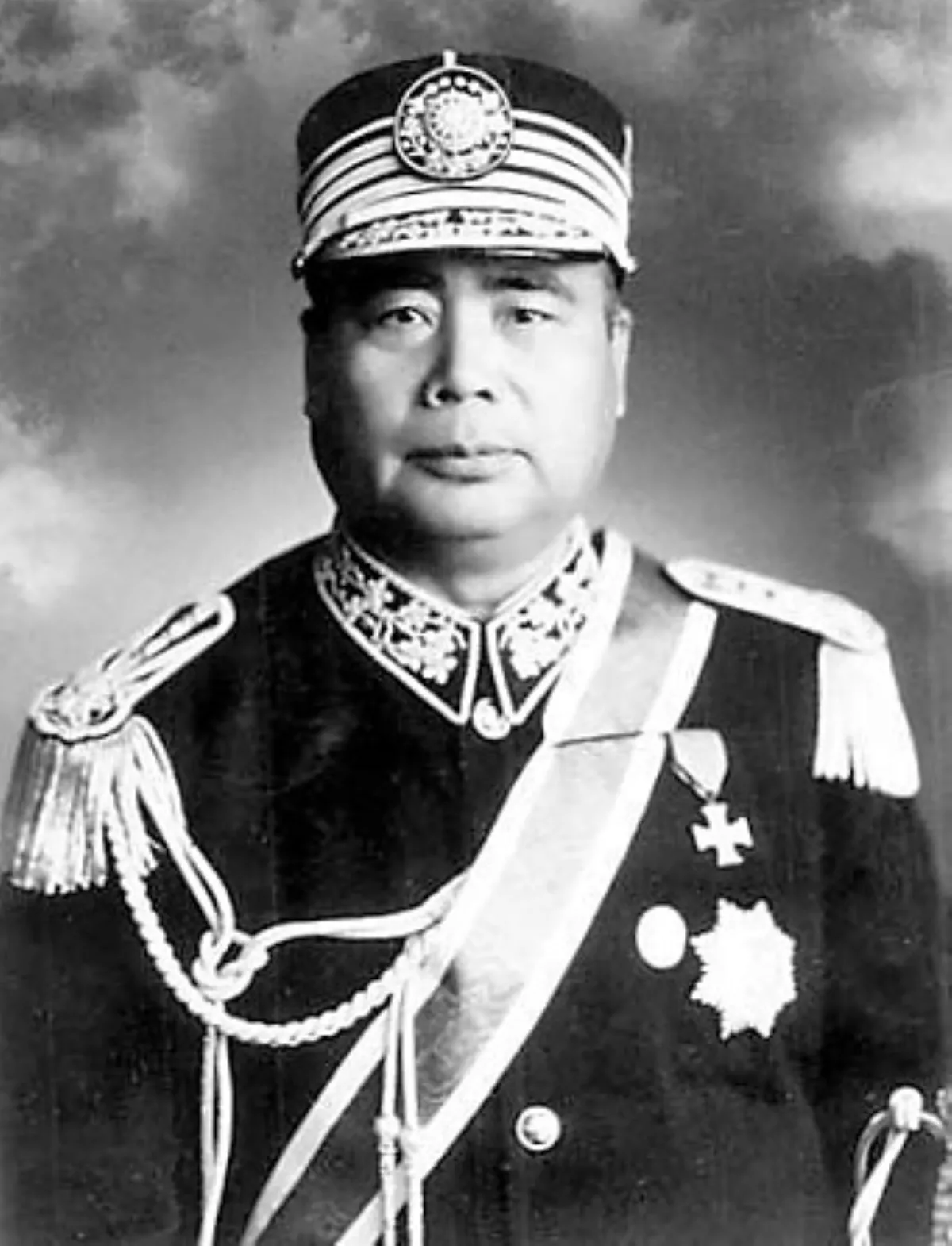 1.
1. Feng Yuxiang served as Vice Premier of the Republic of China from 1928 to 1930.

 1.
1. Feng Yuxiang served as Vice Premier of the Republic of China from 1928 to 1930.
At the start of the 1911 Revolution, Feng was an officer in the ranks of Yuan Shikai's Beiyang Army.
Feng Yuxiang initially joined forces with the revolutionaries, but came to support Yuan's regime.
Feng Yuxiang became a warlord in Northwest China, based in Shaanxi, and rose to a high rank within the Zhili clique, a powerful warlord faction.
Feng Yuxiang brought Sun Yat-sen to Beijing for negotiations on re-unification, but this was not realized.
Feng Yuxiang later resisted Chiang's consolidation of power in the Central Plains War and was forced to retire, but in 1933 organized a new army which successfully drove the Japanese Army out of Chahar.
Feng Yuxiang spent his later years supporting the anti-Chiang Revolutionary Committee of the Kuomintang before his death in 1948.
Feng Yuxiang joined the Huai Army when he was 11 as a deputy soldier, the lowest rank in the army, he received a uniform and food, but no salary, unlike regular soldiers.
Unlike other soldiers who gambled away their pay, Feng Yuxiang saved his salary and used a portion of it to help out other soldiers in need, especially those deputy soldiers, like he had once been, and so he was popular among his comrades-in-arms.
Feng Yuxiang was hard-working and motivated, and in 1902 he was reassigned to Yuan Shikai's newly established Beiyang Army.
The uprising was suppressed by the Beiyang Army and Feng Yuxiang was imprisoned by Yuan Shikai.
Feng Yuxiang later joined Yuan Shikai's Beiyang Army and with the help and advice of Chinese diplomat Wang Zhengting, converted to Christianity in 1914, being baptized into the Methodist Episcopal Church.
Feng Yuxiang distinguished himself from other regional militarists by governing his domains with a mixture of paternalistic Christian socialism and military discipline.
Feng Yuxiang forbade prostitution, gambling and the sale of opium and morphia.
Feng Yuxiang was reputed to have liked baptizing his troops with water from a fire hose.
In 1923 Feng Yuxiang was inspired by Sun Yat-sen and secretly plotted with Hu Jingyi and Xue Yue to overthrow Wu Peifu and Cao Kun, who controlled the Beiyang government.
Feng Yuxiang imprisoned Zhili-leader and president Cao Kun, installed the more liberal Huang Fu, evicted the last Emperor Puyi from the Forbidden City and invited Sun Yat-sen to Beijing to resurrect the Republican government and reunify the country.
Feng Yuxiang lost control of Beijing and retreated to Zhangjiakou, where his army became known as the Northwest Army.
The Nationalists vanquished the Zhili faction in the south and Feng Yuxiang asserted control over much of north-central China.
In October 1928 Feng Yuxiang was appointed as Vice President of the Executive Yuan and War Minister of the Republic of China by President Chiang Kai-shek.
Feng Yuxiang joined Yan Xishan and Li Zongren to challenge Chiang's supremacy, but was defeated by Chiang in the Central Plains War.
On 26 May 1933, Feng Yuxiang became commander-in-chief of the Chahar People's Anti-Japanese Army Alliance, with Ji Hongchang and Fang Zhenwu as frontline commanders.
Ji Hongchang's army, numbering over 100,000 men according to Feng Yuxiang, pushed against Duolun, and by July 1933 drove the Japanese and Manchukuoan troops out of Chahar Province.
Between 1935 and 1945 Feng Yuxiang supported the KMT and held various positions in the Nationalist army and government.
Feng Yuxiang held the nominal position until 1938 and remained a member of the council until 1945.
Feng Yuxiang died in a shipboard fire on the Black Sea while en route to the Soviet Union in 1948, along with one of his daughters.
Feng Yuxiang's tomb is located immediately to the east of Tianwai Village square.